Amnesty demands humanitarian access in Ethiopia's Tigray
Amnesty International has urged Ethiopia's government to honor a promise to grant humanitarian access to the conflict-stricken Tigray region in the north.
"The Ethiopian authorities must live up to their promise to allow humanitarian access to the region, where civilians continue to bear the brunt of fighting," Sarah Jackson, Amnesty International's deputy director for East Africa, the Horn and Great Lakes, was quoted as saying on the organization's website on Monday.
Jackson insisted that despite an agreement to grant free access to humanitarian workers, the telephone and internet blackout in the region had hindered aid operations.
"The authorities must do everything in their power to facilitate access for humanitarian and human rights workers to civilians in Tigray whose lives have been torn apart by the fighting," she said.
"Ethiopian authorities must not renege on this agreement. We reiterate our call on all parties to the conflict to comply with their obligation under international humanitarian law to facilitate rapid, unimpeded access for impartial humanitarian relief," the Amnesty official added.
Meanwhile, European Union (EU) authorities have warned that the fighting in Tigray could lead to a broader conflict.
EU authorities on Monday urged Eritrean troops, who reportedly support the Ethiopian government troops fighting Tigrayan rebels, to withdraw from the conflict zone and return to behind the border lines.
The presence of Eritrean forces is "exacerbating ethnic violence" in Tigray, the EU said in a statement.
Eritrea, however, rejected the EU statement, describing the accusation as "appalling."
"The EU statement laments the 'exacerbation of ethnic violence' while conveniently forgetting the toxic policy of institutionalized ethnicity and polarization that the now defunct Tigray People’s Liberation Front (TPLF) clique pursued for decades," Eritrean Information Minister Yemane Gebremeskel tweeted on Tuesday.
Eritrea and Ethiopia deny that Eritrean soldiers are involved in the Tigray conflict.
Ethiopian government troops captured Tigray as part of a retaliatory response to alleged attacks on government forces in November last year, and ejected the dissident ruling party of TPLF, which had set itself in opposition to Prime Minister Abiy Ahmed since he came to power in April 2018.
The Ethiopian prime minister was awarded the 2019 Nobel Peace Prize for restoring peace with neighboring Eritrea after a long-lasting conflict between them that was blamed on the TPLF members in government who wielded considerable clout for decades.
Meanwhile, accounts from residents, medical workers and humanitarian groups operating in Tigray illustrate the plight of the people as Ethiopia struggles to revive a heavily damaged healthcare system in Tigray three months after fighting erupted.
Some hospitals are barely functioning, with no water, electricity, or food, according to witnesses.
"The health system in Tigray is reportedly nearly collapsing," the United Nation's Office for the Coordination of Humanitarian Affairs (OCHA) said in a February 4 report.
This month, an assessment carried out by international aid agencies found that out of Tigray's 40 hospitals, 11 were fully functional and nine were partly functioning. Fourteen were not working at all and six were not assessed, the report said.
However, conditions were improving rapidly, according to Ethiopian Health Minister Lia Tadesse.
Last week, Tadesse said the government had sent supplies to 70 of the region's 250 medical centers, along with 10 ambulances.
"So many health facilities have been looted, so we are working to get more equipment to the region," she said. "The focus is to restore services, supporting health workers to come back and ensure they have the supplies."
One woman told Reuters her mother died in Mekelle on December 4 because the family was unable to find insulin. The woman said she tried hospitals, the Ethiopian Red Cross Society, and other centers for diabetics, but no one had insulin to spare for the 55-year-old woman. "The insulin came 13 days after my mother died," she said.
Separately, one person was shot dead on Tuesday when soldiers opened fire on an anti-government protest in the city of Mekelle.
Several witnesses told AFP that groups of young men were throwing stones and burning tires to block roads in central Mekelle when soldiers used live rounds in at least one location.
"One dead body already arrived" with gunshot wounds, said a doctor at Ayder Referral Hospital, adding that the victim was "a young man."
Meanwhile, an international aid group on Monday denounced the destruction of its facilities at refugee camps in Ethiopia.

Last week, DX Open Network, a British investigations firm, released satellite imagery showing widespread damage to both Hitsats and Shimelba, two camps for Eritrean refugees.
"There are clear and consistent patterns across both camps over a two-month period demonstrating that these refugee camps were systematically targeted despite their protected humanitarian status," the Norwegian Refugee Council said in a statement.
"We condemn the criminal destruction of our buildings and facilities that we set up to serve refugees in great need," Jan Egeland, the NRC's secretary-general, said in a statement. "This rampage of burning and looting by armed men deepens an already dire crisis for millions of people."
Historic gold for Iran as teen fencer wins World Cup title
VIDEO | Paris celebrates 47 years of Islamic Revolution in Iran
VIDEO | Killed twice: Palestinian-Americans and the price of silence
VIDEO | Pakistan slams US for publishing map depicting Kashmir as part of India
VIDEO | India-US trade deal faces protests from unions, opposition
VIDEO | 44th Fajr film festival closes with award ceremony in Tehran
North Korea warns of 'terrible response' to drone incursions from South
Whistleblowers: CPJ scrapped 'impunity index' to shield Israel


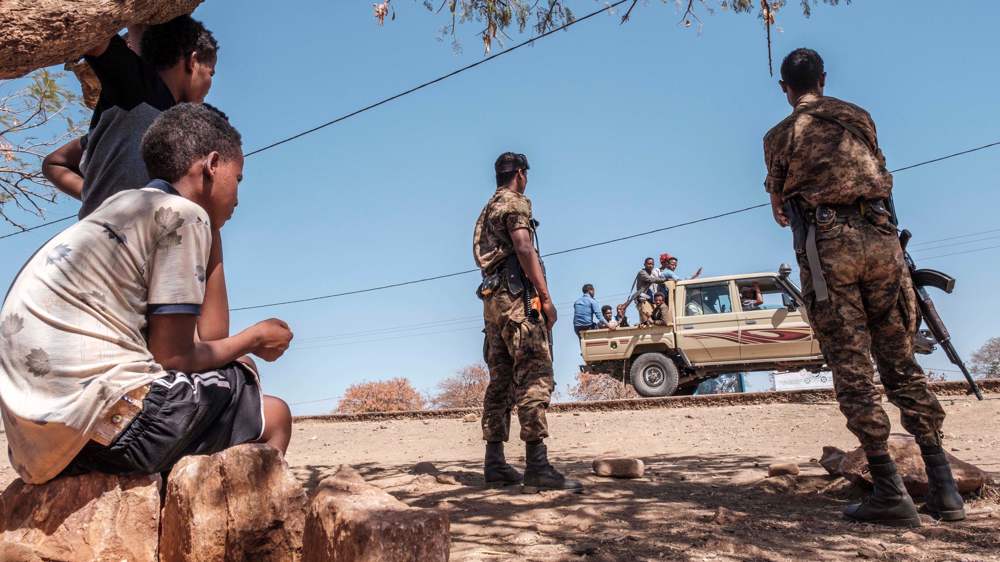




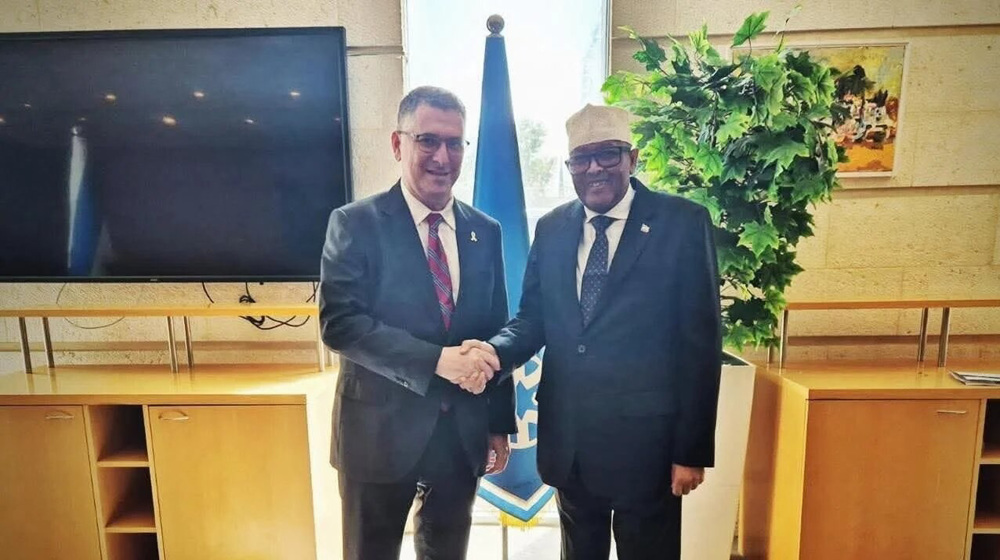



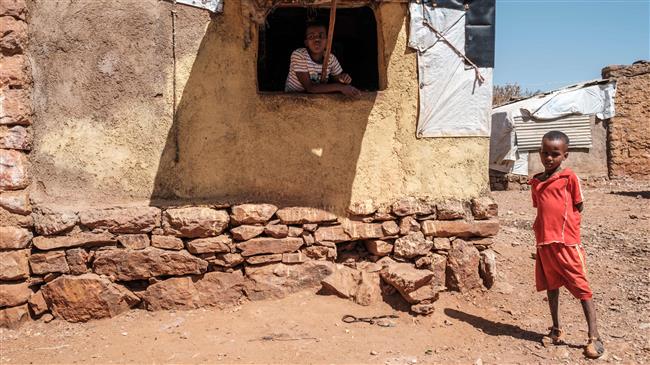
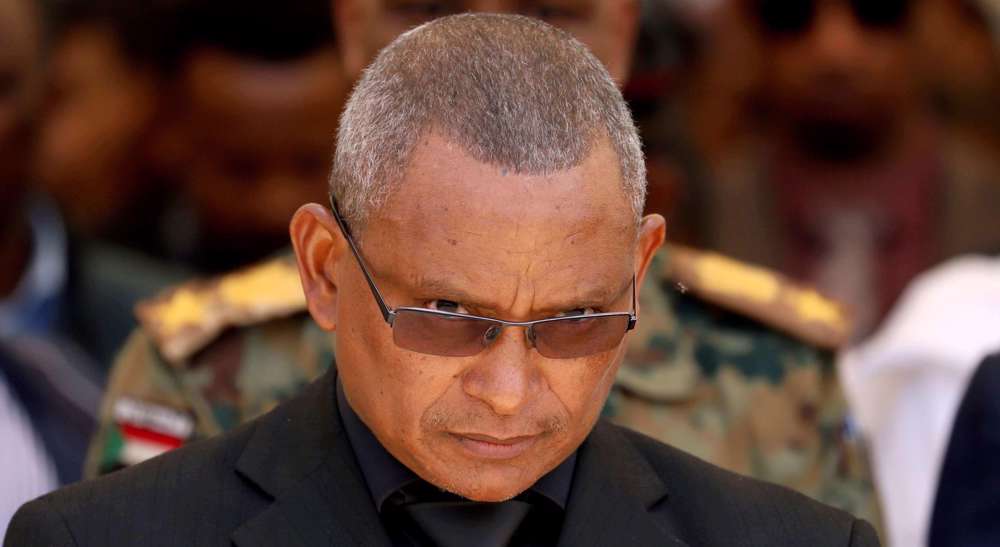
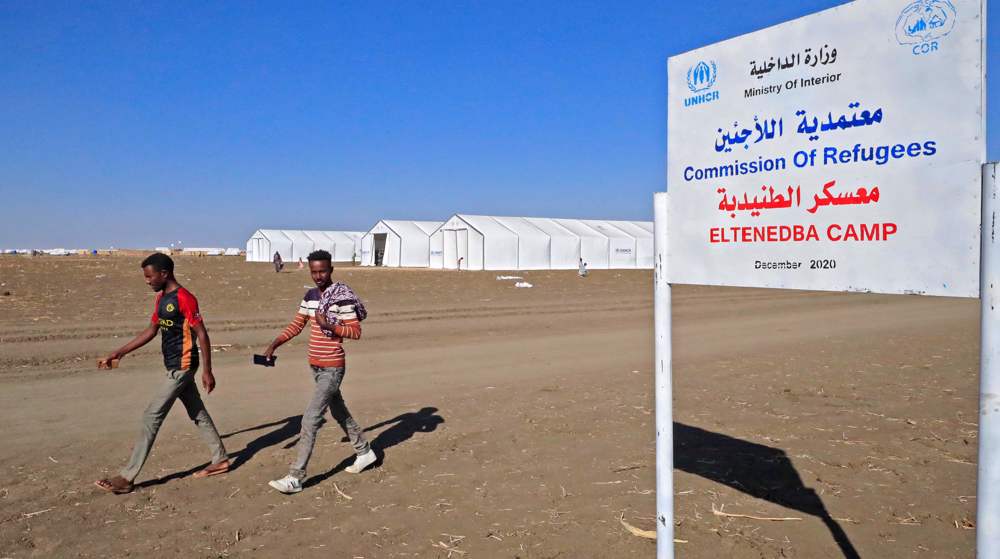


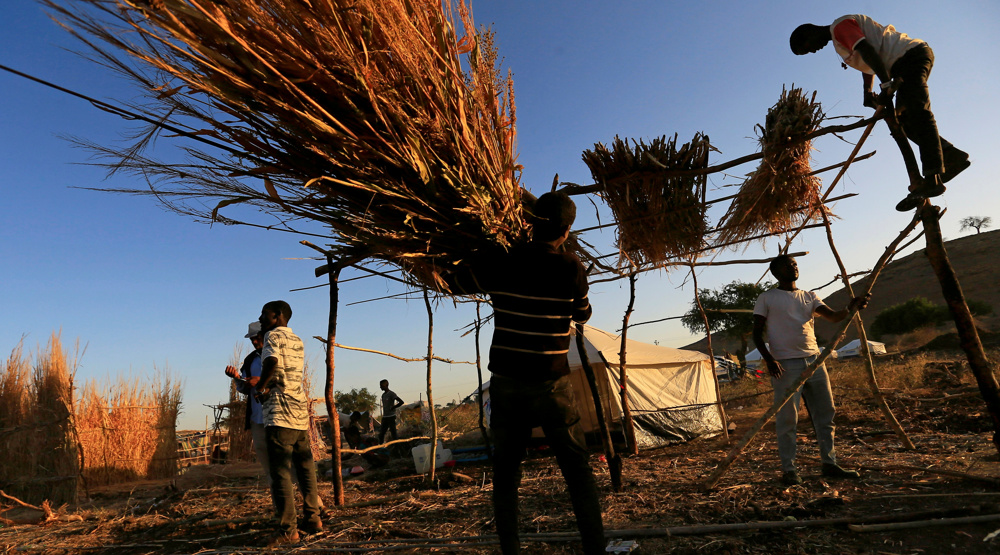


 This makes it easy to access the Press TV website
This makes it easy to access the Press TV website